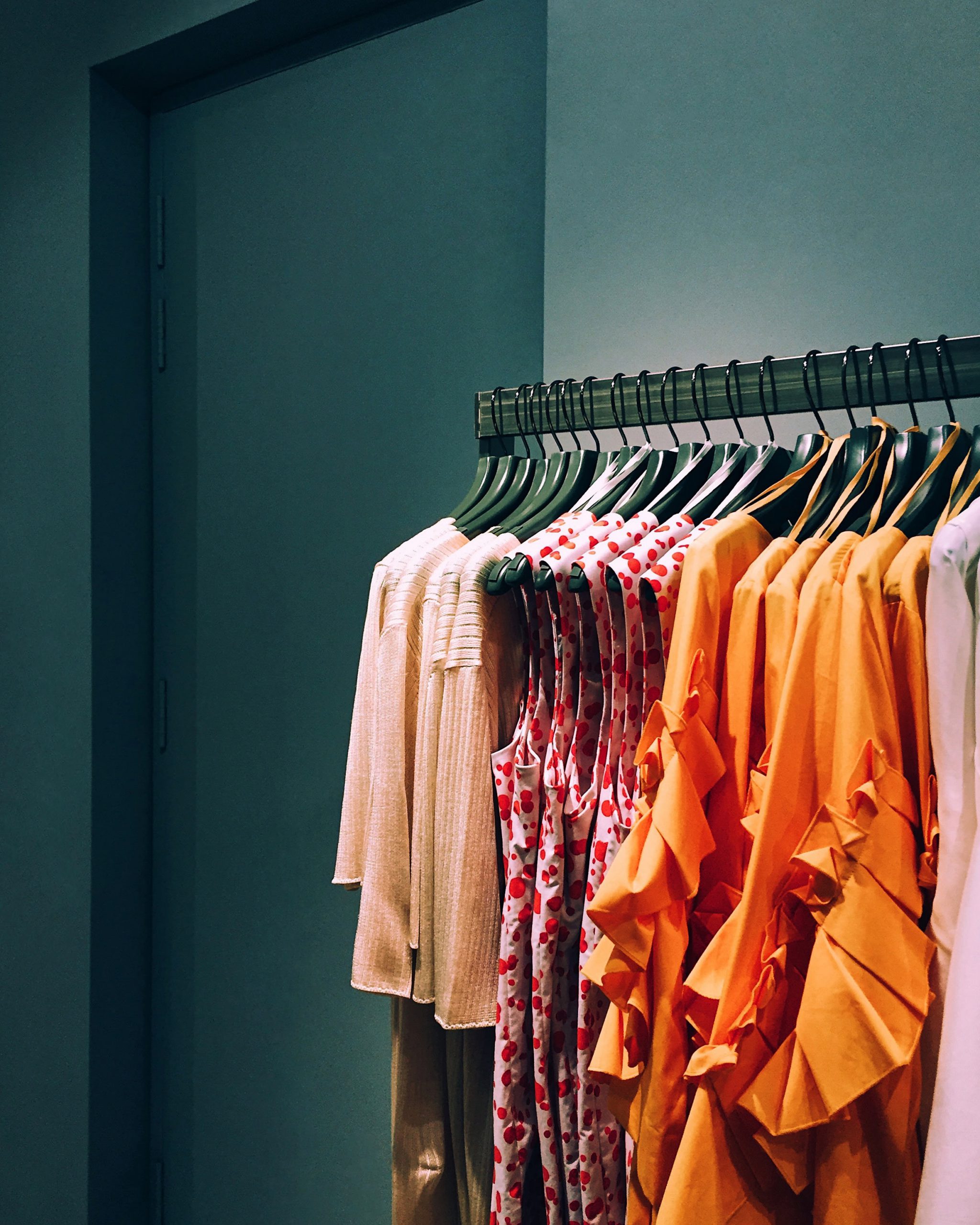As the pandemic continues its devastation across the globe, people are becoming increasingly paranoid about keeping themselves clean and virus-free. It has been established by the Centers for Disease Control (CDC) that thorough and frequent hand washing is crucial to stop infections. This is because you may inadvertently come into contact with an infected person or contaminated surface, and subsequently touch your mouth or nose where the virus can enter.
You are probably already washing your hands every hour or so, and using isopropyl alcohol to disinfect surfaces you have touched or after you unintentionally bumped into a stranger. These are both excellent practices. If you want to take it a step further, you can prevent germs from entering your body by keeping your clothes clean.
Can clothing transmit coronavirus?
While there is still limited evidence of transmission of the coronavirus through contaminated surfaces, there are signs that point to this. One study published in the New England Journal of Medicine found that under certain conditions, Sars CoV-2 or the specific strain of coronavirus has the ability to remain viable on surfaces for up to several days after being contaminated by an infected person. While the types of surfaces that were tested included cardboard, copper, plastic, and stainless steel, this doesn’t necessarily rule out the possibility of clothing being contaminated.
The ability to harbor the virus depends on the type of material that your garments are made of. Clothes have the capacity, like cardboard, to absorb and retain moisture. Moist environments make excellent breeding grounds for bacteria and viruses. Your clothes may also have steel embellishments, plastic buckles, or metal zippers, which may be places where germs set up camp.
How often should you change your clothes?
While evidence of transmission of coronavirus via surfaces and clothing is still lacking, it won’t hurt to be extra vigilant about hygiene. People who work in environments where they are frequently exposed to the virus or people who live with infected persons are advised to continually change their personal protective equipment (PPE) to reduce the likelihood of transmission. When you step out into public areas, you also increase your chances of contamination since you may come into contact with an infected person.
Better healthcare and vigilance can help you avoid the risk of infection–coronavirus or otherwise. As hospitals and medical staff are fighting off the ravages of the pandemic, you would want to avoid contracting any illness that may weaken your immune system and put you in a position to seek medical care. These days, going to the hospital for a check-up could risk you with more exposure to infected patients.
Here are a few simple tips you can refer to stop the spread of germs and bacteria through your clothing items and linens, based on guidelines from health experts:
- Immediately change out of your clothing when coming from outdoors or public places.
- Wash your clothes immediately at the end of each day with warm soapy water.
- Wash undergarments after one day of use.
- Allow your clothing to dry completely in the sun, or use a machine dryer when possible.
- Wear disposable gloves if you are going to touch the clothing of a person who is sick.
- Leave your shoes outside, or in an isolated box near your entrance.
- Clean your hands thoroughly after working on your laundry.
Being diligent about changing and washing your clothes are excellent ways to reduce your chances of coming into contact with virus particles or any sort of germs.
In Conclusion
While there is no need to become paranoid about your safety, there is no harm in taking extra precautions. Practicing better healthcare in addition to eating a balanced diet and getting regular sleep can help protect you and your family from any threat of infection.
We provide the latest health and medical news so you can stay up-to-date on the latest trends! Check our website for updates on the latest in the healthcare and pharmaceutical industries.


















